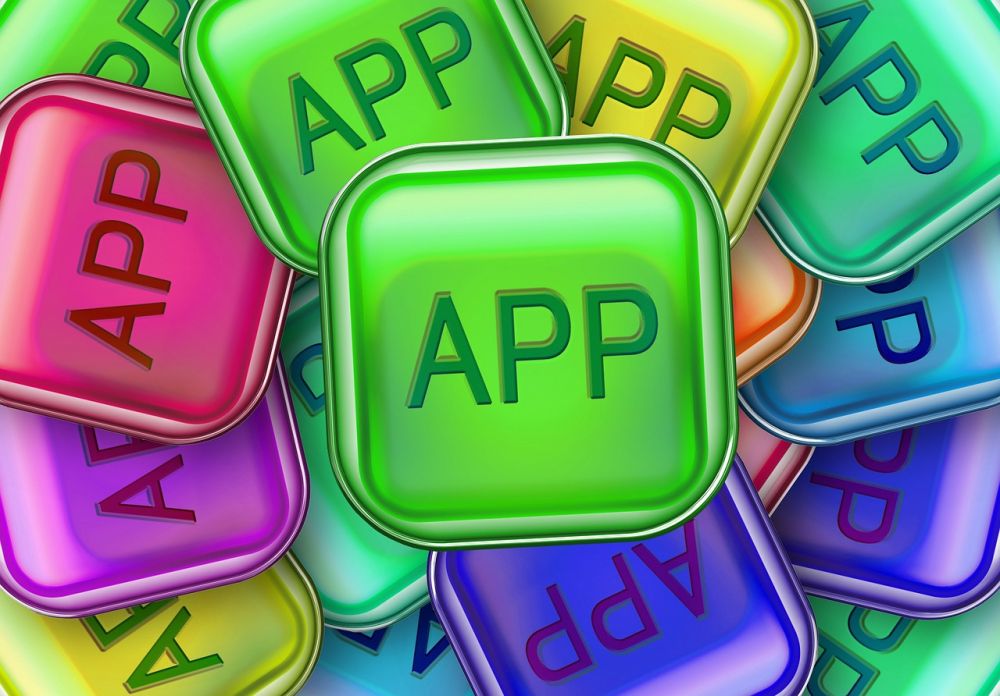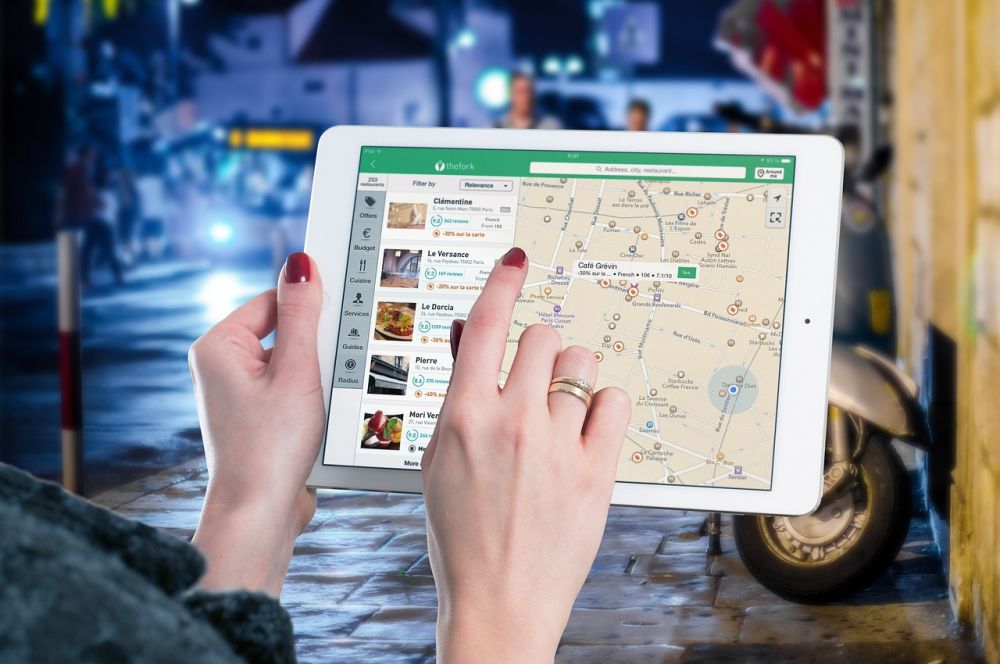ChatGPT app: Revolutionizing Conversational AI

Introduction:
In recent years, conversational artificial intelligence (AI) has made remarkable advancements, transforming the way we interact with technology. One such innovation is the ChatGPT app, a revolutionary tool that enables seamless communication between humans and AI. In this comprehensive article, we will delve into the intricacies of the ChatGPT app, highlighting its significance for individuals interested in this field.
Understanding the ChatGPT app:

The ChatGPT app, powered by OpenAI’s GPT-3 (Generative Pre-trained Transformer) model, is designed to simulate human-like conversations. It serves as an AI language model that can generate text based on user inputs, creating realistic and context-aware responses. This breakthrough technology has numerous applications, including virtual assistants, customer support, content creation, and more.
Historical evolution of the ChatGPT app:
The development of the ChatGPT app can be traced back to the inception of OpenAI and its quest to push the boundaries of AI. OpenAI’s GPT-3 model, released in June 2020, introduced unprecedented capabilities in natural language processing. This marked a significant milestone in the evolution of conversational AI, as the model demonstrated exceptional proficiency in generating coherent and contextually relevant responses.
Structuring the text for improved visibility:
To enhance the probability of the article being featured as a snippet on Google search, we will structure the text using appropriate headings and bullet points. This will improve the overall readability and highlight the key points effectively. Let’s dive into the details:
ChatGPT App: Revolutionizing Conversational AI
Understanding the ChatGPT App
– Simulating human-like conversations
– Powered by OpenAI’s GPT-3 model
– Applications in virtual assistants, customer support, content creation, etc.
Historical Evolution of the ChatGPT App
– Inception of OpenAI
– Release of GPT-3 model in June 2020
– Unprecedented capabilities in natural language processing
Applications of the ChatGPT App
– Virtual assistants for personalized user experiences
– AI-powered customer support for efficient query resolution
– Content creation for streamlined writing processes
Advantages and Limitations of the ChatGPT App
– Advantages:
Ability to generate contextually relevant responses
Continual learning and improvement through user interactions
Versatility across multiple domains and industries
– Limitations:
Potential biases in generated responses
Inability to comprehend complex contexts or nuanced queries
Potential ethical concerns regarding misuse or misinformation
Future Prospects of the ChatGPT App
– Ongoing research and development to address limitations
– Expansion into specialized domains to enhance industry-specific applications
– Collaboration with experts and user feedback to improve user experience
Conclusion:
The ChatGPT app represents a remarkable advancement in conversational AI technology. Its ability to simulate human-like conversations has enormous potential in various domains, making it a transformative tool for tech enthusiasts. As OpenAI continues to refine and enhance the capabilities of the ChatGPT app, we can expect even more exciting developments in the field of conversational AI. So, brace yourself for a future where AI becomes an indispensable part of our everyday lives!





